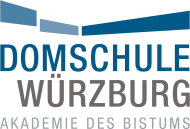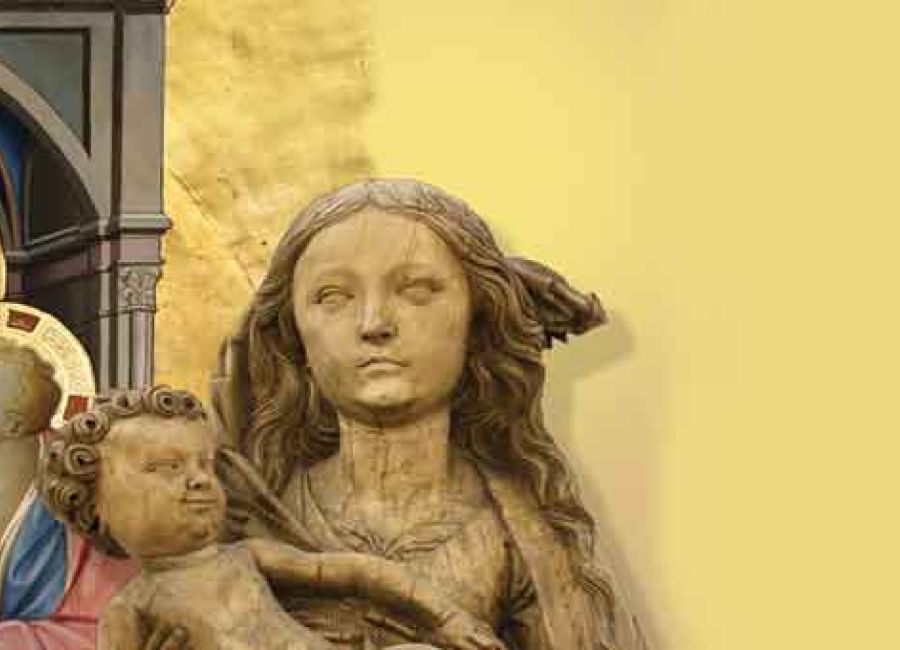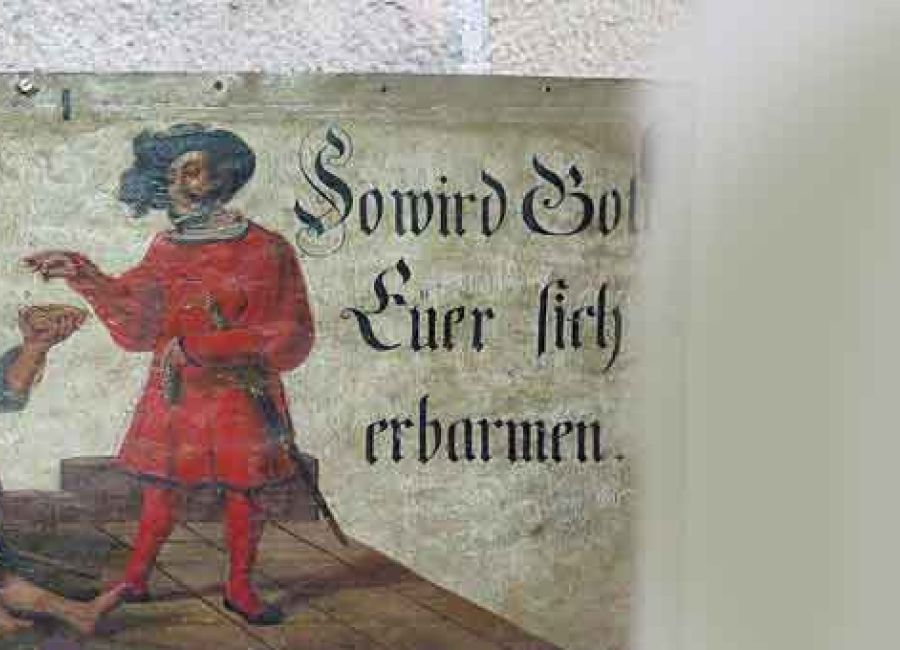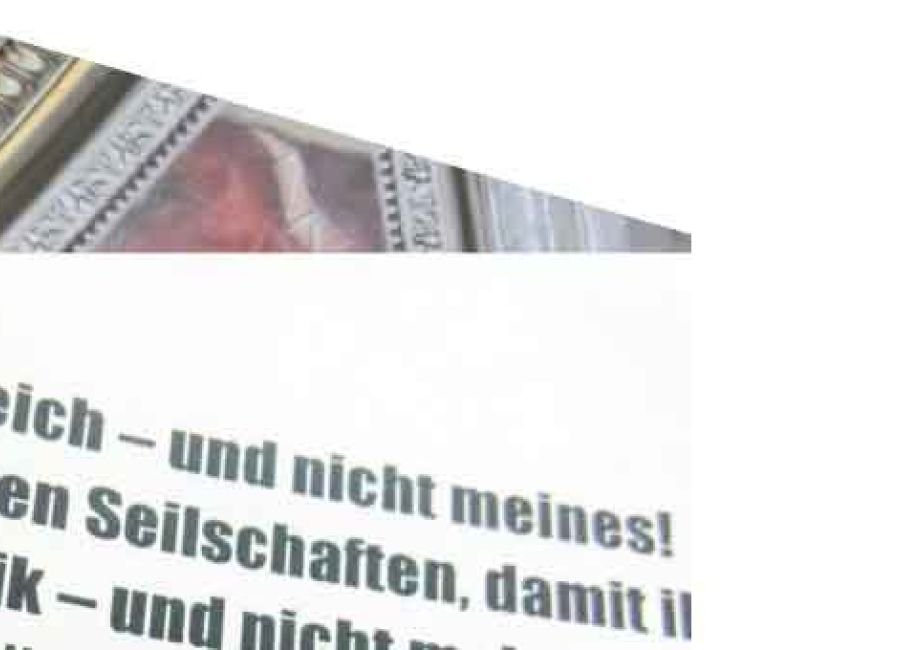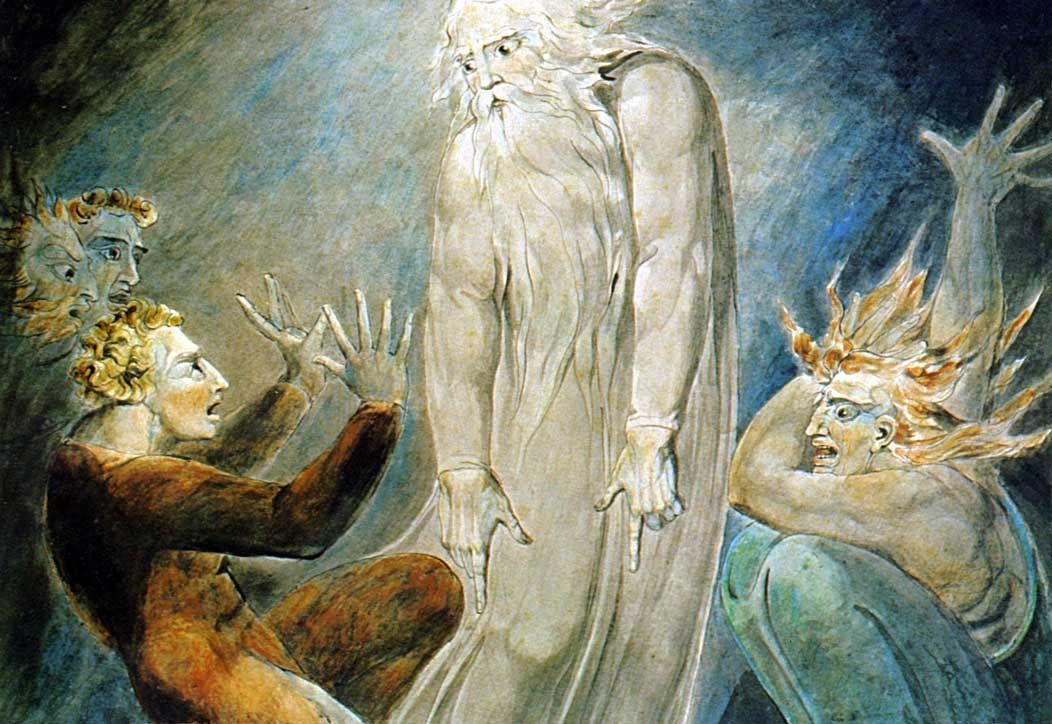
© the_witch_of_endor (william blake)
Im Rahmen vom MagEIA-Symposium
Magicians and witches are mentioned in virtually every ancient language, and yet, it is often difficult to know how exactly we should think about them. One problem facing us is the long history of the terms „magic“ and „witchcraft“ in Western culture, which often leads to misleading anachronisms in the study of ancient societies. Another problem is the diverse nature of the ancient world, and the many terms used for „magic“ and „witchcraft“ in the different languages of antiquity. And a third problem has to do with the very search for a unified conceptualization of „magic“ and „witchcraft“ in the ancient world, which might blind us to the fact that ancient cultures may have had very different views of magicians and witches. In my talk, I will explore some of these problems, and explain why the best way to overcome them is through a close reading of the relevant texts in many ancient languages, and why this can only be achieved through the kind of multi-scholar collaboration that lies at the very heart of the MagEIA project.
Der Vortrag findet in englischer Sprache mit deutscher Präsentation statt.
| In Zusammenarbeit mit | Julius-Maximilians-Universität Würzburg, Kolleg-Forschungsgruppe MagEIA |
| Kursnr. | 24-AK-132 |
| Beginn | Do., 31.10.2024, 18:15 - 20:00 Uhr |
| Veranstaltungsort | |
| Kosten | Eintritt frei |
| Referent*in(en) |
Prof. Gideon Bohak
Professor für jüdische Philosophie und Religionswissenschaften an der Universität Tel Aviv. Seine Forschungsinteressen sind jüdische Magie, „praktische Kabbala“, jüdischer Mystizismus, die Kairoer Genisa, Hekhalot-Literatur, Toledot Jeschu und jüdische Literatur der Zweiten Tempelzeit. |
| Downloads |
Veranstaltungsflyer
|
| Anmeldung | erforderlich bis 24.10.2024 |
